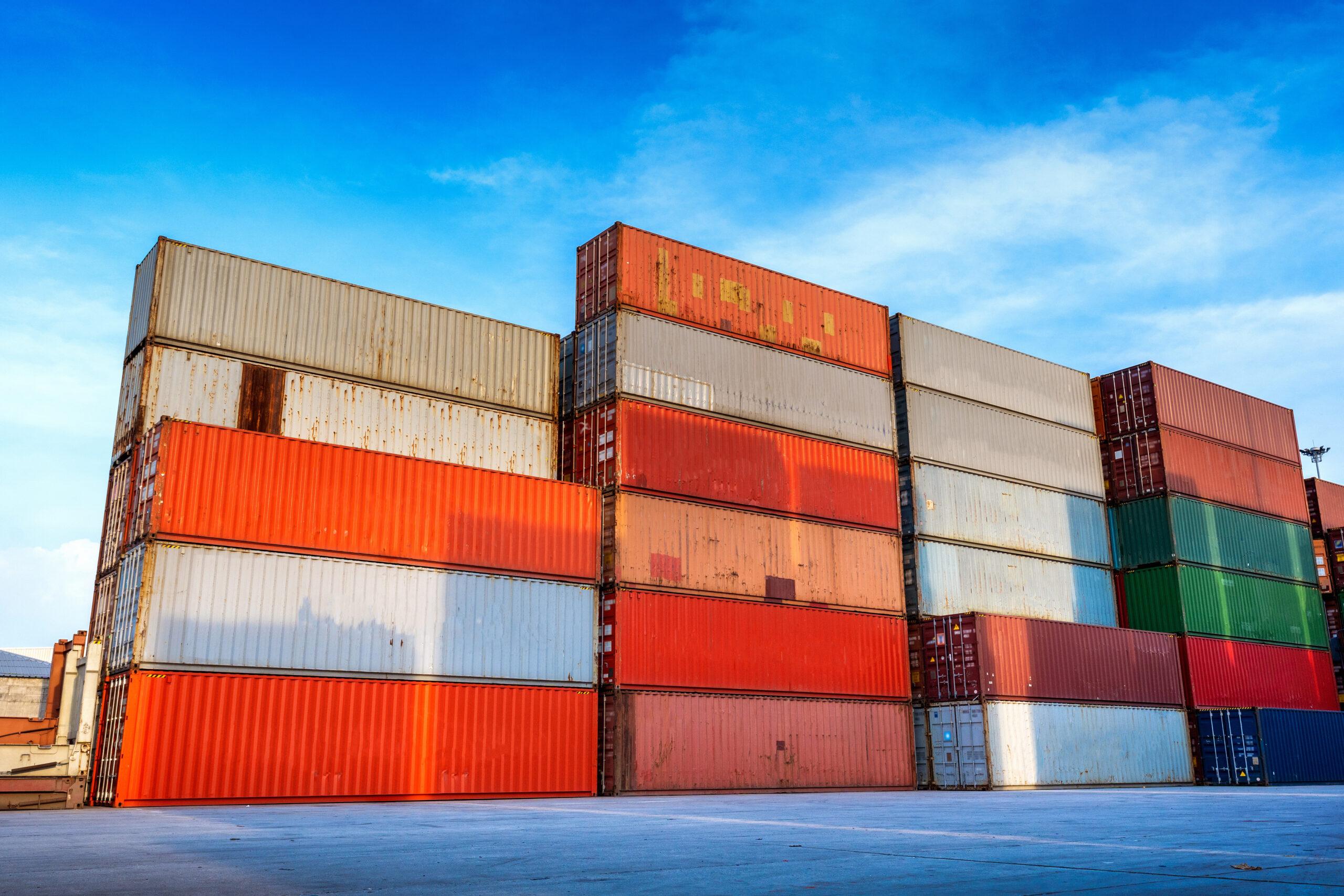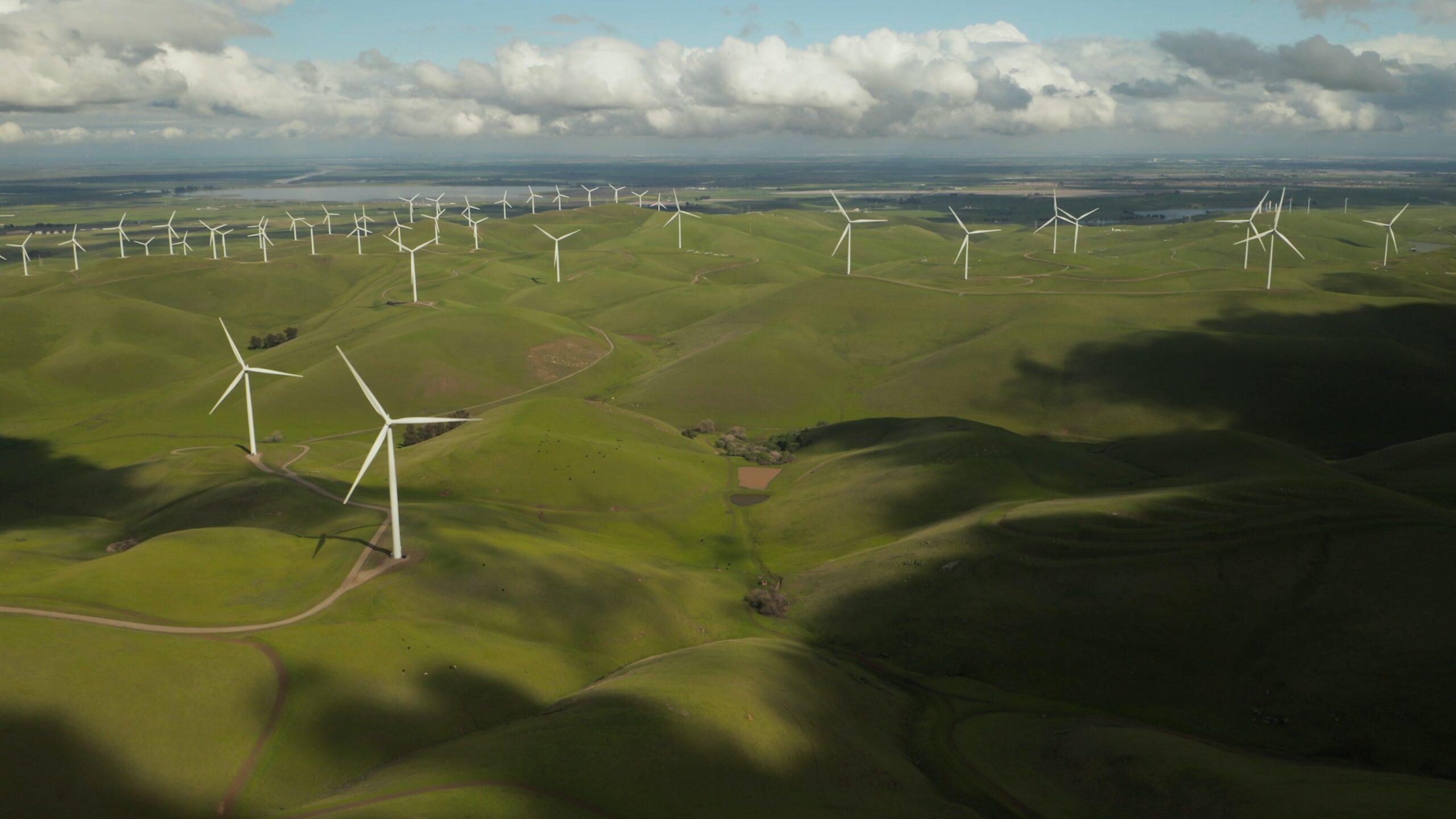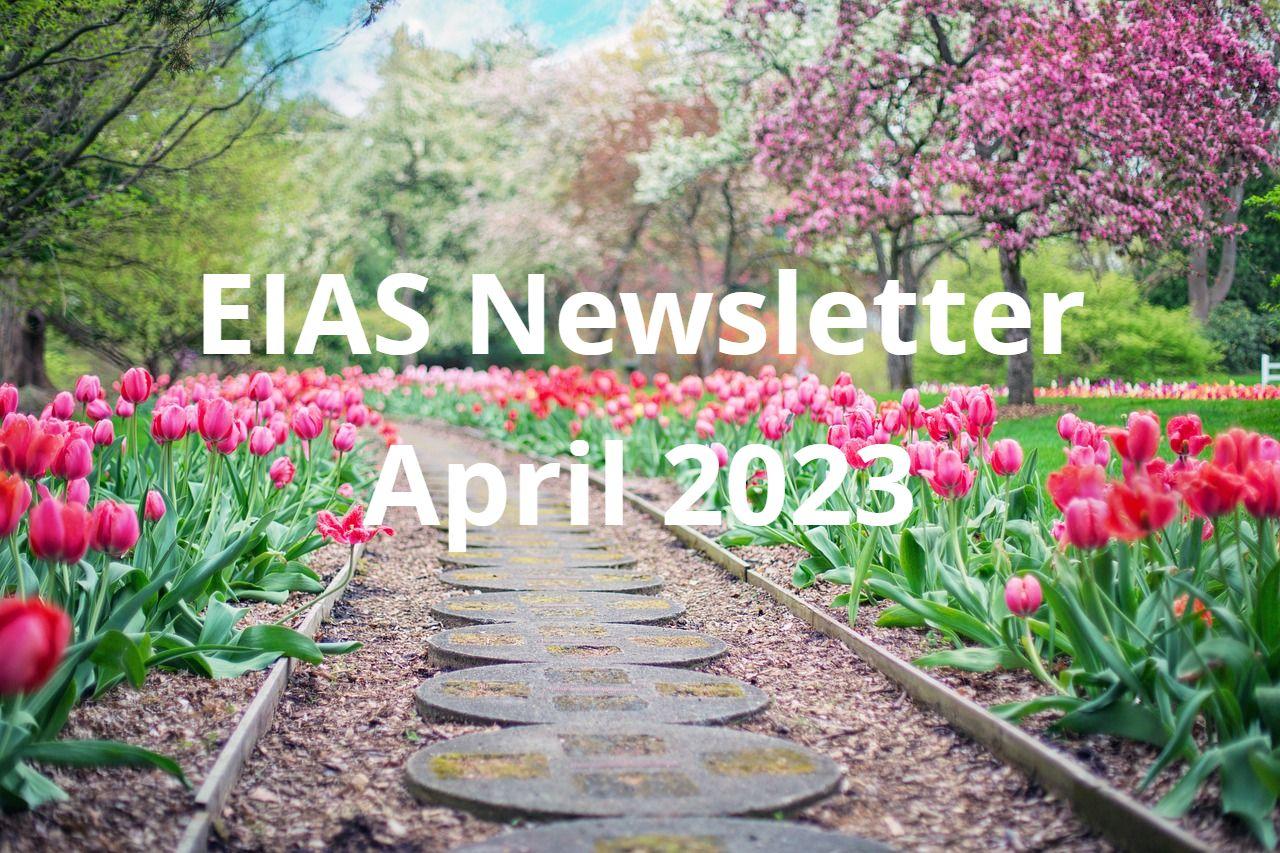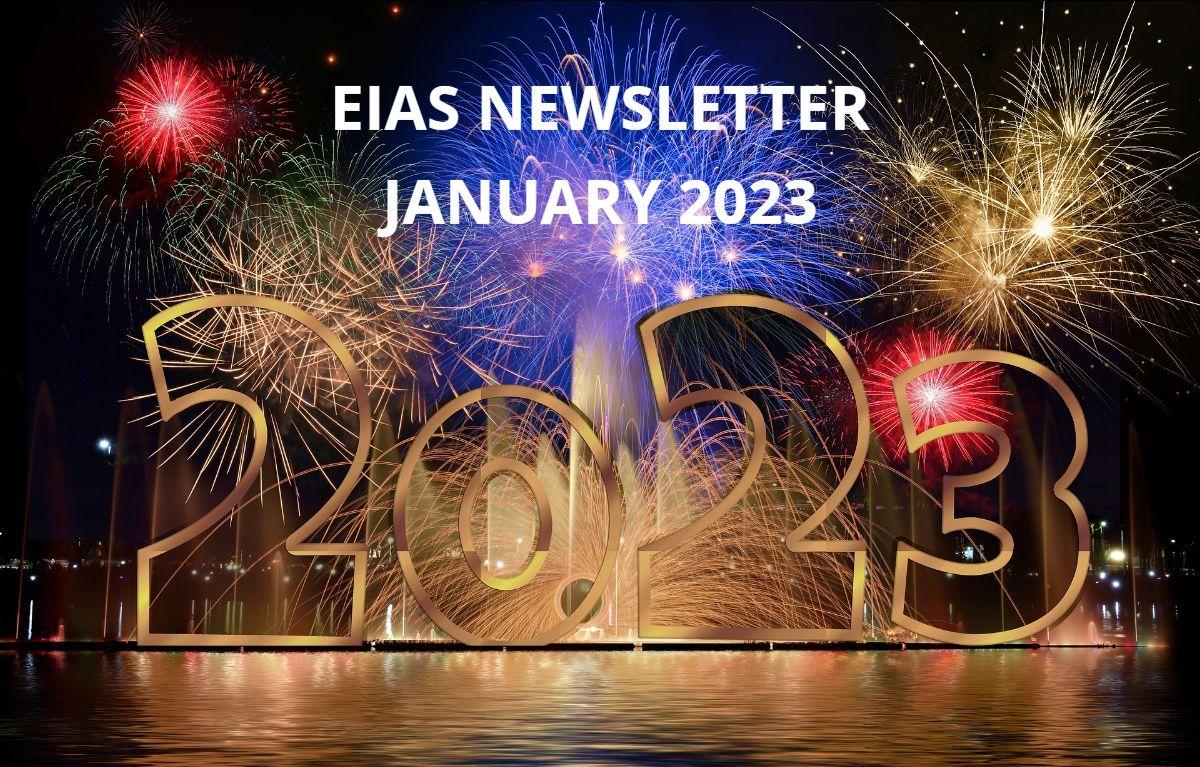
April 2024 Newsletter
Check out our April 2024 Newsletter with updates on our activities, reports of past ones and an overview of our latest publications.

Check out our April 2024 Newsletter with updates on our activities, reports of past ones and an overview of our latest publications.

Over the past two years, geopolitical shifts in Eurasia have significantly impacted global supply chains, alongside various political and economic dynamics. The repercussions of Russia’s invasion of Ukraine and Houthi attacks on merchant ships in the Red Sea have led to serious discussions on the liability of different transport routes. There has been a visible redirection of cargo flow from northern to southern routes in the East-West direction, rendering traditional transport paths less relevant and sought for. Amidst the diminishing significance of the New Eurasian Land Bridge (NELB) or ‘Northern Corridor,’ a demand for alternative transport routes has emerged, with particular attention drawn to the Trans-Caspian International Transport Route (TITR), also called the ‘Middle Corridor.’

The 28th United Nations Climate Change Conference, the Conference of the Parties (COP28), concluded in Dubai on 13 December 2023 with an important agreement, heralding the “beginning of the end of the fossil fuel era” according to the UNFCCC. The accord aims to further the change to a “swift, just, and equitable” transition marked by substantial emissions reductions and increased financial commitments, especially towards developing countries. The nearly 200 participating Parties collectively decided on the world’s first global stocktake to intensify climate action before 2030, aiming to maintain the Paris Agreement global temperature limit of 1.5 °C. The 2023 record-breaking conference drew over 90,000 participants to the United Arab Emirates (UAE) to negotiate, share solutions, and build partnerships.

More recent global competition has reignited outer space curiosity, as well as the use of it as an illustration of a country’s competency, capability, and focus. Those States able to reach outer space by their own means demonstrate their power due to the financial strain required. Pushing back the limits of human exploration and establishing such ‘firsts’ conveys prestige and notoriety. The most recent ‘first’ was achieved on 23 August 2023. That day, the Chandayaar-3 mission led to an Indian lander known as Vikram touching down on the Lunar South Pole. There it dispatched its rover, Pragyan. This mission made India the fourth State to land an unmanned probe on the Moon after the US, Russia, and China. Moreover, it made it the first State to reach the lunar south pole.

Out now: Read our April 2023 EIAS Newsletter. We are delighted to present you the April 2023 issue of our EIAS Newsletter. We warmly invite you to take a look at our new Op-Ed on EU-Japan-ROK green trilateral cooperation and this month’s event reports.

In this January 2023 Newsletter the EIAS Team wishes you a splendid new year full of joy and fascinating discussions.

You can now read our September 2022 EIAS Newsletter, which has been released on 30 September 2022.


The EIAS team is happy to keep you informed of the latest developments between the EU and Asia in our July 2022 Newsletter. Enjoy our latest summer readings.